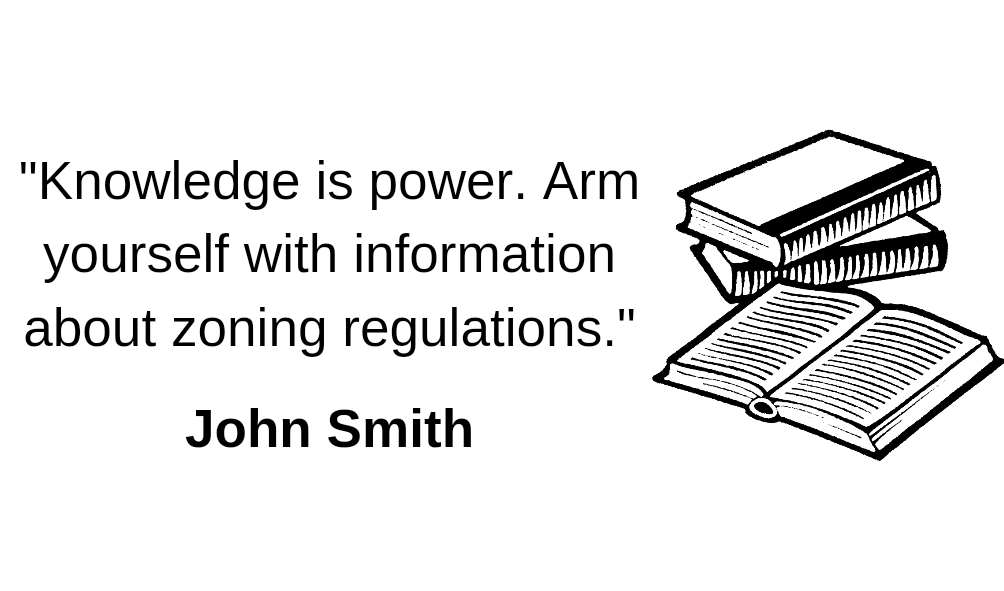Steps To Acquiring Your First Plot: Ultimate Land Buying Checklist

Introduction
Are you ready to acquire your first plot of land and not sure what steps to take to buy it? The process of buying land can be both exciting and overwhelming. Before you dive into this significant investment, it’s important to have a thorough checklist to guide you. In this article, we will provide you with ultimate land buying checklist, ensuring a smooth journey from start to finish.
Step One: Researching the Perfect Location
1. Understand your needs and preferences
Before purchasing land for residential purposes, take the time to evaluate your needs and preferences. Consider factors such as proximity to schools, workplaces, shopping centers, and recreational areas. Additionally, determine the type of surroundings you desire, whether it be a bustling city or a serene environment. Understanding your goal and lifestyle will help you narrow down the ideal location.
2. Research zoning regulations and restrictions
When considering a specific location, research the zoning regulations and restrictions imposed by local authorities. These regulations dictate what can be built on the land, the maximum height of structures, setback requirements, and more. Understanding these regulations will ensure that your dream home aligns with your vision and complies with local laws.

3. Assessing the infrastructure and utilities
Evaluate the availability and adequacy of infrastructure and utilities in the area. Check for access to electricity, water supply, sewer systems, and internet connectivity. Understanding the state of infrastructure and utilities will give you a clear picture of the practicality of building your dream home in that location.
Step Two: Evaluating the Land’s Suitability
1. Conduct a thorough site survey
Measure twice, cut once.
-Anonymous
Hiring a professional land surveyor is essential to evaluating the land’s boundaries, topography, and potential challenges. A survey will provide accurate measurements, identify potential obstacles, and help determine the feasibility of your purchase and construction plans. This step will prevent costly surprises down the road.
2. Examine soil composition and stability
Soil composition can significantly impact the construction process and the long-term stability of your home. Consult with a geotechnical engineer to assess the soil quality, drainage capabilities, and potential for erosion. Understanding the soil composition will help determine the necessary foundation requirements and any additional precautions needed during construction.
3. Assess natural hazards and environmental considerations

Before finalizing your land purchase, assess the potential risks associated with natural hazards. Research the area for flood zones, earthquakes, hurricanes, wildfires, or other environmental factors that may pose a threat. Evaluating these risks will allow you to take appropriate measures during the construction process and ensure the safety of your dream home in the long run.
Verifying Legal Aspects and Ownership
1. Title search and land registry
Conduct a thorough title search and verify the land’s ownership and any existing encumbrances or liens. You can hire a professional title company or a real estate attorney to assist you in this process. A clear title ensures a smooth legal transition and protects you from potential ownership disputes or unanticipated claims.
ALSO READ: Pros and Cons of Land Ownership
2. Know other property fees

Before sealing the deal, investigate the property tax rates and any other fees associated with the land. These costs can vary depending on the location and specifications of the land. Understanding your financial obligations will allow you to budget effectively and avoid any unpleasant surprises.
5. Engage a lawyer or real estate professional
It is crucial to have an experienced lawyer or real estate professional by your side throughout the land-buying process. They can help navigate complex legal matters, review contracts, provide guidance, and ensure your interests are protected. Their expertise will be invaluable in making informed decisions and avoiding potential pitfalls.
Step Three: Finalizing the Purchase

1. Negotiate the purchase price and terms
Once you have completed all the necessary evaluations, it’s time to negotiate the purchase price and terms. Conduct thorough market research to determine fair land prices in the area. Consider factors such as land size, location, accessibility, and any additional amenities or features. Negotiate confidently, ensuring the deal aligns with your budget and requirements.
2. Engage professionals for due diligence
Before signing any documents, engage professionals to conduct due diligence on the land’s legal, financial, and technical aspects. This may include a land attorney, surveyor, and financial consultant. Their expertise will protect your interests, address any potential concerns, and guarantee a smooth transaction.
3. Close the deal and secure ownership
Congratulations! You have successfully reached the final stage of buying land. Work closely with your lawyer to ensure all legal documents are in order. Complete the necessary paperwork, pay the agreed price, and transfer ownership. Celebrate this milestone, knowing that you are one step closer to turning your dream home into a reality.
ALSO READ: Unlocking the Hidden Wealth of Land Acquisition: Transforming Opportunities into Profits
Conclusion
Buying land is a significant investment, and following a comprehensive checklist is crucial to ensuring a successful journey from an empty plot to your dream home. Remember to thoroughly research the location, evaluate the land’s suitability, verify legal aspects and ownership, and finalize the purchase wisely. With careful consideration and expert guidance, you can transform an empty plot into the sanctuary you have always envisioned.






6 Comments